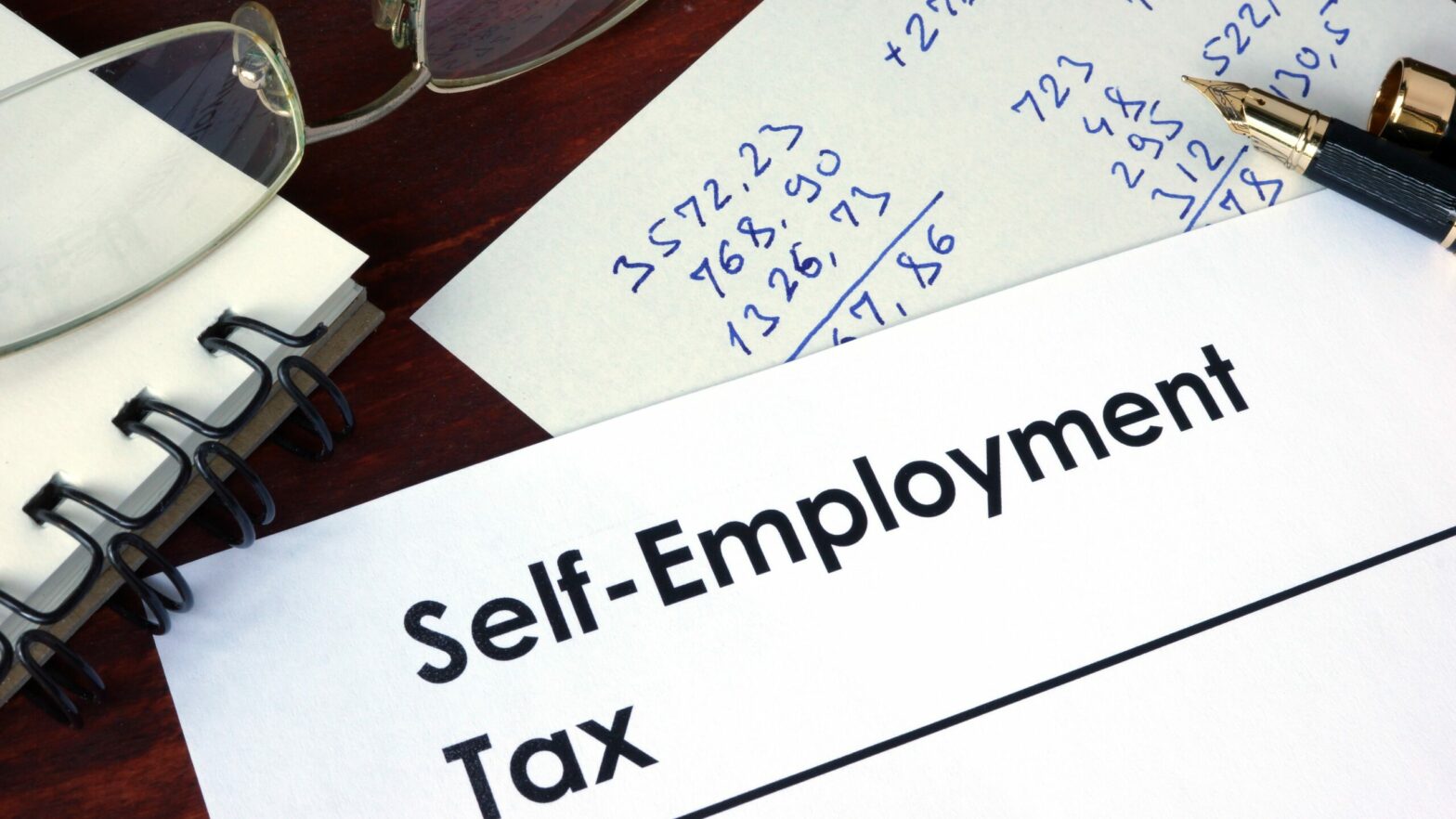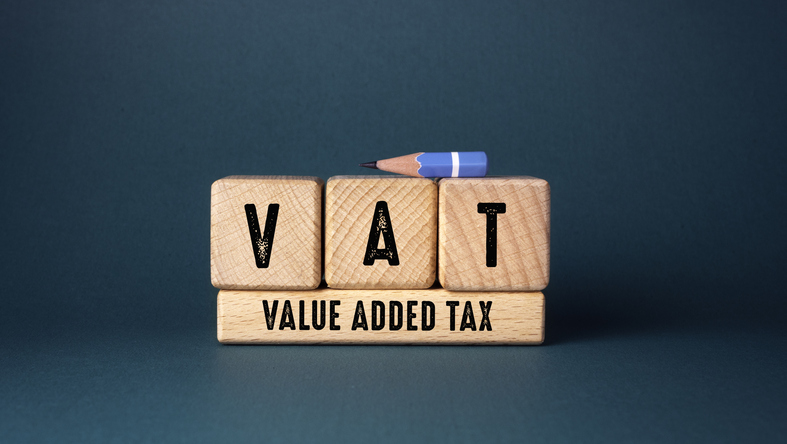There are many reasons why entrepreneurs start a company and although making money isn’t always at the top of their list, it’s definitely a big factor. The government wants to encourage the creation of start-ups and, presumably in return for all the risks and hardship entrepreneurs will encounter along the way, offers incentives in the form of tax relief. One of the most valuable of these reliefs is entrepreneurs’ relief for capital gains tax purposes. For qualifying entrepreneurs, this entitles them to a reduced capital gains tax rate of 10 per cent (as opposed to the new main rate of 20 per cent) when they sell the shares in their company.
Although we have seen unprecedented political change following the Brexit vote, leading to a new prime minister and a new Chancellor, we have not yet seen any indication that entrepreneurs’ relief will be removed, and it remains a very valuable form of tax relief for qualifying shareholders.
Entrepreneurs’ relief appears at face value to have very simple qualifying criteria attached to it, but it is this apparent simplicity that can sometimes trip people up.
This article highlights two recent tax tribunal cases which demonstrate how the tax aspects of a transaction can be overlooked, and the qualifying criteria for entrepreneurs’ relief can be inadvertently breached, as shareholders focus on commercial aspects.
What are the qualifying criteria for tax relief to apply?
Broadly, the company must be a trading company and the shareholder must satisfy the following criteria in the 12-month period leading up to the date of sale of their shares:
They must be an officer (usually a director) or an employee of the company; and
They must have a shareholding, and voting rights of at least 5 per cent in the company.
There is an exception to the 5 per cent requirement when the shares have been acquired through an enterprise management incentive (EMI) and in this case, the 12 month holding period starts when the options are granted rather than when the options are exercised and the shares are acquired.
Commercial ‘trip-ups’
The journey to reach the final point of a trade sale can be a long one, with many unforeseen issues along the way. There can also be actions which are taken during the course of business as usual, which inadvertently have a longer term tax effect and below are two that can ultimately jeopardise a shareholder’s entitlement to entrepreneurs’ relief.
Financial loans
Loans can originate from a number of sources and it is quite common for directors to initially source loan finance from friends and family, before turning to banks and other sources of funding once a business is more established. Where loans are already in place when a bank or grant provider is approached to provide additional finance, it is common for them to request that the previous, more ‘informal’ loans be converted into share capital. This is to give the new lender greater control over how the finance they are providing will be utilised; for example, they may not want to provide finance to help a company grow, only to find it is then used to repay an earlier loan.
Whilst a conversion of loans into share capital may have no particular implications at the time for the company, and the previous lenders may be happy to comply, it will of course have the effect of altering percentage shareholdings across the entire company. It may therefore be the case that other shareholdings drop below the 5 per cent qualifying criteria for entrepreneurs’ relief to apply, without anyone realising the significance of this at the time.
The recent tax tribunal case, McQuillan vs HMRC [2016] UKFTT 305 (TC) illustrates this pitfall. In this case, a husband and wife were founders of a company which was loaned £30,000 from relatives who also became minority shareholders when the company first started out. The company later received an expansion grant from Invest Northern Ireland on the condition that the existing loans were converted into shares. This was done and the loans were converted into redeemable, non-voting ordinary shares, which did not specify dividend entitlements, and which were not intended to be ‘ordinary’ shares.
This however had the effect of increasing the shareholding percentages of the original lenders and caused the unforeseen consequence of diluting the McQuillans’ shareholdings to less than 5 per cent each, which effectively disqualified them from their entitlement to entrepreneurs’ relief. An argument was put forward that the new shares were not ‘ordinary’ shares and did not therefore have the effect of diluting their shareholding, however HMRC did not agree because of their wide interpretation of ‘ordinary’ share capital. In this case the McQuillans were fortunate to finally be allowed access to entrepreneurs’ relief on the findings of the Tax Tribunal, but this may yet be appealed by HMRC.
This situation can be avoided by a) always being aware of the importance of the availability of entrepreneurs’ relief to shareholders, and having an eye on the effects of a share dilution; and b) being aware that the definition of ordinary share capital is much wider ranging than simply its name, and by taking advice if you find yourself in this situation.
Leaving the company early
Over the many years it takes to grow a successful company, the founding directors and shareholders will inevitably face disagreements along the way. In some instances, these cannot be resolved, with the end result that one party leaves the company early, before their shares are sold, and with some form of ‘post departure agreement’ for a share sale in place. This can also bring an end to the availability of entrepreneurs’ relief, as was the case in J Moore (TC 4903) vs HMRC.
In this case, the taxpayer was a founding shareholder and director of a company which was established in 1995. After a disagreement with fellow shareholder directors in 2008, he left. Then in January 2009, he and the other directors agreed that the company would buy back his shares and provide an ex gratia payment as compensation for the termination of his employment. The agreement was finalised in February 2009, but was not officially approved by a legally binding special resolution until May 2009. Mr Moore sought to claim entrepreneurs’ relief on the sale of his shares to the company, but because he was not technically an employee between the date of his employment termination and agreement to sell his shares (February 2009) and the date on which the sale actually went through (May 2009), his claim was disallowed by HMRC. The fact that he had been an employee for 13 years previously had no bearing; the relief was denied simply because he had not been an employee or an officer of the company for the four months leading up to the legal sale of his shares, and his appeal was dismissed.
The moral of this story, is never officially resign your officer or employee status, until after you have sold your shares.
Key points to remember:
Many business decisions happen under pressure and without full consideration of the tax implications. This can prove costly, as the two cases above demonstrate. The loss of entrepreneurs’ relief will typically double the tax due, so it is important to have one eye to the tax relief implications when making any business decisions.
Lesley Stalker is the head of the tax team at RJP.








